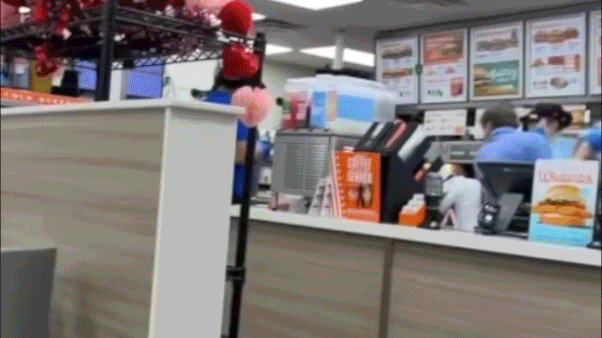WASHINGTON – The Federal Reserve doesn't see losses from failed commercial real estate loans as a threat to big financial institutions, although weakness in the commercial market will continue to dampen economic growth, an official said Friday.
Patrick Parkinson, the Fed's director of banking supervision, also said that many smaller banks with heavy concentrations of commercial real estate loans will continue to feel strain. Hundreds of billions in losses on loans for commercial property and development were a major reason why 157 U.S. banks failed in 2010, the highest annual tally in nearly two decades.
Parkinson told a hearing of the Congressional Oversight Panel monitoring the financial bailout that many other banks with the heavy concentrations are managing the risk. Banks are loosening the reins on credit, Parkinson and other regulators said.
"We are starting to see some signs" that the tightening of credit that followed the financial crisis is easing, Parkinson testified. Banks are actively looking for borrowers again, he said.
Banks around the country ran into trouble on their loans for construction and development, which became the fastest-growing category of troubled loans for U.S. banks, especially in overbuilt areas. Many companies shut down in the recession, vacating shopping malls and office buildings financed by the loans.
Banks often lent too much for land and buildings whose prices were inflated by the real estate bubble.
Smaller banks are more vulnerable to the losses than the big Wall Street institutions, because commercial real estate makes up a larger portion of their loan portfolio.
The oversight panel issued a report a year ago warning that banks faced up to $300 billion in losses on the loans. As of February 2010, commercial property values had fallen more than 40 percent in the past three years.
Now the erosion in that market has leveled off, "and there are some early signs of price stabilization in a number of key markets," Parkinson told the hearing.
Still, he said, the market "is still distressed." While that weakness "will be an ongoing concern for a number of banking organizations and a negative factor for economic growth and lending, we do not see (commercial real estate) losses as a threat to systemically important financial institutions," Parkinson said.
A Treasury Department official, Dave Wilson, said the "vast majority of national banks have and will continue to be able to manage through" their troubled commercial real estate loans. At the same time, the loans "will continue to be a drag on national banks' performance for at least the next 12 to 18 months," said Wilson, who is deputy comptroller for credit and market risk in the Office of the Comptroller of the Currency.









































